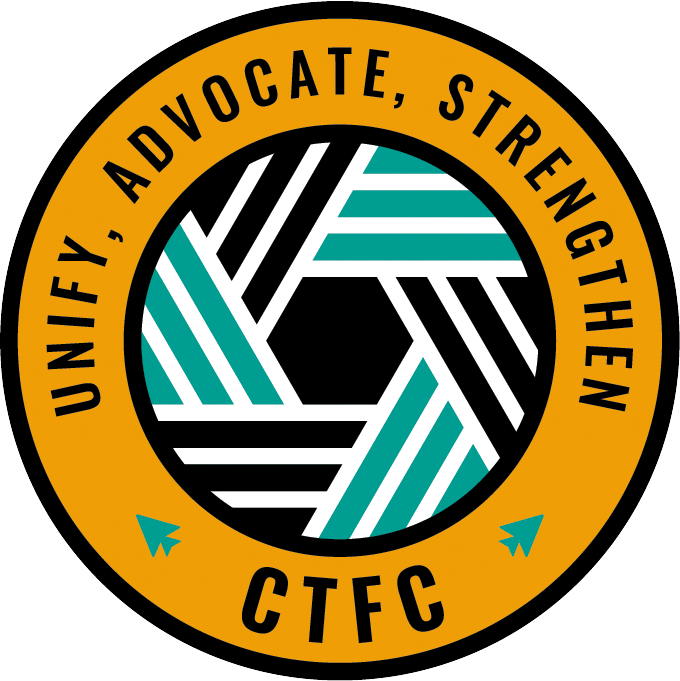A new documentary focusing on the experience of Indigenous children in the child welfare system is being developed, and the California Tribal Families Coalition (CTFC) is seeking the stories of Tribal children, adults, and families.

The CTFC, a coalition made up of 47 different tribes, all in California, including the Bishop Paiute Tribe and the Karuk Tribe, is partnering with The James Irvine Foundation and Tre Borden / Co. to bring the experiences of California’s Native peoples in the child welfare system to light. This comes after the long battle with the U.S. Supreme Court to keep the Indian Child Welfare Act (ICWA) upheld.
In order to ensure the documentary is being told in a culturally sensitive manner, the CTFC is prioritizing the stories of individuals with lived experiences and using the tradition of storytelling as their driving force. The documentary will be narrated by tribal actors, community leaders, and artists while using the testimonies as the driving force.
This is a grant-funded, non-commercial project that the coalition will be using for educational and training purposes. The final product will be available for free on the internet. Their education spreads across the state of California where they bring awareness to the struggles of Native families and children in the welfare system, and the history of the child welfare system.
“We highly encourage all members of Tribal communities in California to lend their voices to this project by sharing stories,” said CTFC Co-Executive Director Michelle Castagne (Sault Ste. Marie Tribe of Chippewa). “Your stories need to be heard, and your contributions will be a force in fostering a deeper understanding of the issues Tribal communities have been facing for decades.”
The CTFC wants to “inspire positive change, empathy and solidarity” in order to ensure that ICWA will continue to be respected and recognized in California.
Formed in 2017, the CTFC’s mission is to promote and protect the health, safety and welfare of tribal children and families, and this documentary seeks to further this mission. They have successfully secured more than $10 million in state funding for tribal youth diversion programs in 2019 and 2020.
If you or your family have experienced the child welfare system and would like to contribute to this short documentary, use the following link. They are accepting both video, audio, and written testimonies.
The deadline is coming soon on July 30, 2023 at 11:59 pm.
Updated: CTFC has extended the deadline until Aug. 31.
More Stories Like This
Native News Weekly (August 25, 2024): D.C. BriefsUS Presidents in Their Own Words Concerning American Indians
Star-Studded Livestream to Boost Native News Online’s Year-End Campaign
Monday Morning (December 8, 2025): Articles You May Have Missed This Past Weekend
Native News Weekly (December 7, 2025): D.C. Briefs
Help us defend tribal sovereignty.
At Native News Online, our mission is rooted in telling the stories that strengthen sovereignty and uplift Indigenous voices — not just at year’s end, but every single day.
Because of your generosity last year, we were able to keep our reporters on the ground in tribal communities, at national gatherings and in the halls of Congress — covering the issues that matter most to Indian Country: sovereignty, culture, education, health and economic opportunity.
That support sustained us through a tough year in 2025. Now, as we look to the year ahead, we need your help right now to ensure warrior journalism remains strong — reporting that defends tribal sovereignty, amplifies Native truth, and holds power accountable.
 The stakes couldn't be higher. Your support keeps Native voices heard, Native stories told and Native sovereignty defended.
The stakes couldn't be higher. Your support keeps Native voices heard, Native stories told and Native sovereignty defended.
Stand with Warrior Journalism today.
Levi Rickert (Potawatomi), Editor & Publisher

